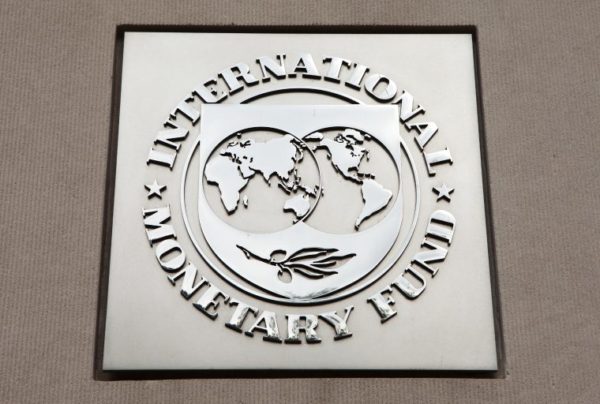The International Monetary Fund (IMF) has said the fall in crude oil prices will hurt Nigeria’s economy badly.
IMF Director of the African Department, Abebe Selassie who disclosed this Wednesday at the presentation of the the Sub-Saharan African regional Economic Outlook at the ongoing virtual Spring Meetings of the IMF/World Bank in Washington D.C, said Nigeria falls into the category of countries that are going to be hit the hardest as a result of the outbreak of the pandemic, plus the sharp decline in oil prices.
“Already, their economy was contending with the decline in oil prices that we saw in 2015. So, over and above that, of course, oil prices have declined further, complicating policy making environment. I think the challenges are, really, well-known and articulated really well in the government’s economic growth and recovery plan,” he said.
Selassie advised the country on the urgency to prioritize revenue mobilisation to meet the infrastructure need for the economy. He said Nigeria also asked for IMF loans through the Rapid Financing Instrument.
He described the Rapid Financing Instrument as a quick instrument that the government can use to strengthen health spending and provide social protection for the people. There should also be monetary and fiscal policy framework that will help Nigeria put the COVID-19 crisis behind it.
Selassie said the country’s major problems have been listed in the Economic Recovery and Growth Plan -ERGP. For the medium term, the biggest challenge facing Nigeria is propritising revenue mobilization. That, he added, is important for government to have enough resources it can devote to providing infrastructure through public education and health. According to him, such move will in the next four to five years, put Nigeria is a position where the Federal Government has enough revenue to meet the country’s spending needs.
“In the medium term, enough resources should be put in to address the health challenges and risks that Nigeria faces due to the COVID-19 pandemic. There should also be a scope for more supportive policies,” he said. According to the IMF, Sub-Saharan Africa is facing an unprecedented health and economic crisis that threatens to throw the region off its stride, reversing the development progress of recent years and slow the region’s growth prospects in the years to come.
Global lending institution said the COVID-19 pandemic has spread through almost all countries. And as in the rest of the world, the health crisis has precipitated an economic crisis reflecting three large shocks: disruption of production and a sharp reduction in demand; spillovers from a sharp deterioration in global growth and tighter financial conditions; and a severe decline in commodity prices.
As a result, the region’s economy is projected to contract by 1.6 percent this year—the worst-reading on record. The economic crisis will exacerbate social conditions and aggravate existing economic vulnerabilities, while containment measures and social distancing will inevitably jeopardize the livelihoods of countless people. Decisive measures and support from the international community are urgently needed to limit the humanitarian and economic losses and protect the most vulnerable societies.
According to the IMF, the immediate priority is for countries to do whatever it takes to ramp up public health expenditures to contain the virus outbreak, regardless of fiscal space and debt positions. “Timely and temporary fiscal support is also crucial to protect the most affected people and firms, including those in the informal sector. Given the one-off nature of the shock, some discretionary fiscal support is warranted, even in countries with limited space. Policies could include cash transfers to help people under strain (including through digital technologies) and targeted and temporary support to hard-hit sectors. Once the crisis has subsided, countries should revert fiscal positions to paths that ensure debt sustainability,” it said.
The IMF said the ability of countries to mount the required fiscal stance, is however, highly contingent on ample external financing, on grant and concessional terms, being available from the international financial community and to a higher degree than usual, given the highly disrupted state of global capital markets.



